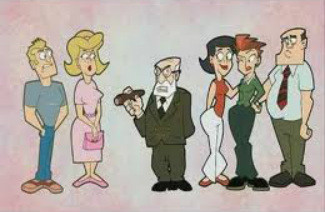So we are going to do a "Who am I" personality project. Take the following tests below and follow the instructions for the report. Print your results and include a cover page. Do the test included on this blog in addition to the other ones.
http://tr008.k12.sd.us/New%20Folder/Psychology/Personality%20and%20Individuality/Personality%20tests.htm #6 and #10 wont work so substitute the 2 below
The Big Five Personality test-http://www.outofservice.com/bigfive/
Jung typology test- http://www.humanmetrics.com/cgi-win/JTypes2.asp
and find your celebrity ideology here: http://teachinghighschoolpsychology.blogspot.com/search?q=personality+#sthash.coDtRymP.q9nZY1QT.dpbs

Summary: Sociologists almost always find strong evidence of nurture over nature in our studies, but there is one research area where the environment and socialization has little influence: sexual orientation. The cartoon at left highlights that while social scientists cannot find links between being gay and socialization factors like parenting styles, biological believers find strong evidence for their nature arguments that claim sexual orientation depends largely on genes, hormones, and birth order. The video also highlights how the research reflects focus almost exclusively on gay men and not lesbians. The core message of this video is still very sociological because it outlines that since sexual orientation is neither an outcome of socialization or a lifestyle choice, “conversion” therapy is not only ineffective, but can actually become a damaging socialization experience itself-which we have already discussed.
Another way to look at nature vs. nurture is through the Olympics. Watch the following clip from the 2012 London Games. (click here)


